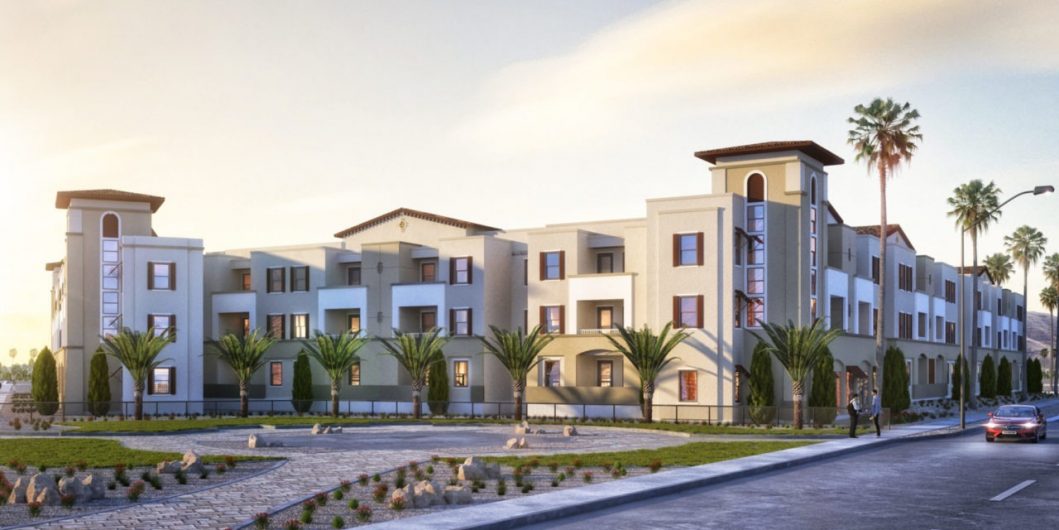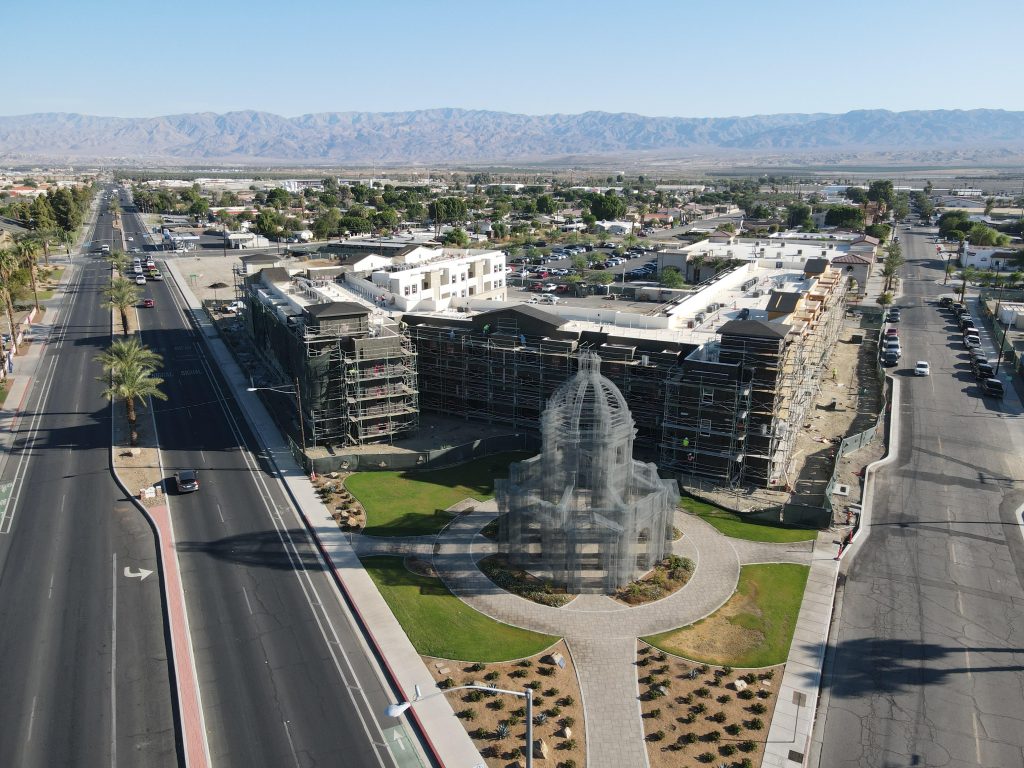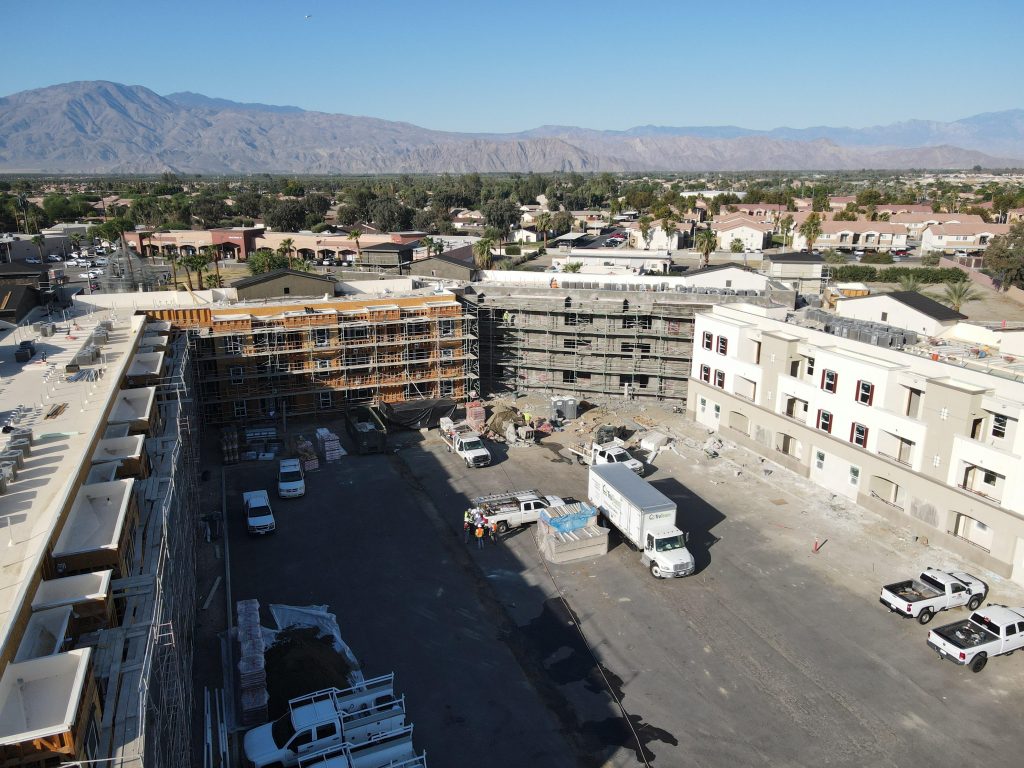Everyone is entitled to safe, healthy, affordable housing; however, California is facing an affordable housing crisis affecting Americans across the income spectrum. Home prices are rising at twice the rate of wage growth, resulting in renters nationwide struggling to make ends meet. About 56% of low-income Californians see more than half of their income go towards rising rent. For the past two decades, many Californians have been forced to live in overcrowded or unsafe housing conditions and have fled urban neighborhoods for more affordable areas. Many must face the fact that homebuying is not an option in the near future, since high rent makes saving for a down payment that much more difficult. Month to month, some are even forced to choose between paying rent or purchasing food. Even as the economy continues to grow, Americans face widening inequality, and for many of our clients, an inability to comfortably pay for housing as wage growth stagnates and housing costs continue to climb.
A home of one’s own, whether rented or owned, is the cornerstone of independence for people with disabilities. Nevertheless, California is facing a severe shortage of housing for low-income families, creating yet another barrier for the intellectually and developmentally disabled (I/DD) community. Currently, there are several housing programs available to those in need. These programs, however, are open to anyone who qualifies, resulting in thousands of people being put on a ‘wait-list’, many not hearing back for years. Without affordable, accessible housing, many clients are at risk of homelessness. Clients who rely solely on their monthly Supplemental Security Income (SSI), averaging about $9,100 per year, are priced out of the rental market nationwide. The Department of Developmental Services (DDS) and Inland Regional Center (IRC) recognize that this is a growing concern for many of our clients and families in the I/DD community and are taking action to bring affordable housing to those we serve. Through the Community Resource Development Plan (CRDP) funding, IRC will provide gap funding for multifamily housing projects. These multifamily units are intended for single clients, clients with families, pets, or roommates and would cost no more than 30% of their total monthly income.
DDS and IRC have teamed up with Pacific Southwest Community Development Corporation, to secure multifamily units for qualifying IRC clients at the new Pueblo Viejo Villas in Coachella, CA. The Pueblo Viejo Villas is a three-story, 105-unit, apartment building expected to be completed by Spring 2022. The apartment complex will be located at Cesar Chavez and 6th St in Coachella, California, 5.2 miles away from College of the Desert and 26.4 miles away from Palm Springs International airport. If you enjoy walking, you’ll be glad to know that this neighborhood scored a “Walk Score” of 81 out of 100, meaning this area is “very walkable”. There are three shopping centers located within half a mile of the complex, offering everything from apparel to an array of restaurants. Just a few blocks away you’ll find an elementary school, middle school, library, and a large public park. For those more distant locations, a brand-new transit stop will be built right outside the apartment complex, providing access to the bus line right at your doorstep!
IRC is currently seeking clients interested in residing at Pueblo Viejo Villas. The requirements for qualification have not yet been released, however, the units will be restricted to individuals with intellectual and/or developmental disabilities. If you, or someone you know, are interested or would like more information, we encourage you to send an email to [email protected] with “Pueblo Viejo Villas Interest List” in the subject line.
Share this Post






